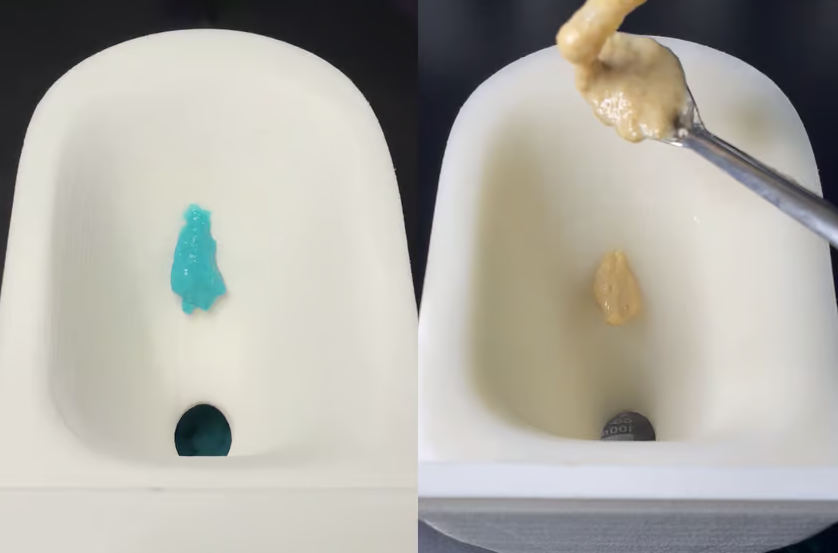When students decide what college or university to apply for, they have to think thoroughly. It’s necessary to make the right choice because it’ll determine their future career perspectives. Many youngsters want to be biomedical engineers. It’s a very important and complex profession related to saving human lives and the improvement of treatment.
There are certain reasons why it’s a good and respectful idea.
A team of professional academic writers from essay writing company AdvancedWriters.com shed some light on this essential matter. One of them has gathered the most relevant facts about the perspective of becoming a biomedical engineer. Let’s check them right now!
Biomedical engineering is a combination of medicine and engineering. This is a very important field of human activity. It creates different apparatuses and inventions to treat people and make the process of recovery faster, easier, and more effective. This field has created multiple life-saving concepts. Among such are:
- Artificially designed organs;
- Robots that conduct operations;
- Implants;
- Novel preparations;
- Kidney dialysis.
As you can see, each invention is of huge importance. Each has saved thousands and even millions of lives throughout the globe. Being a biomedical engineer is a very respectful job.
Job Perspectives
If you become an excellent expert in this vital industry, you have multiple options. There are various jobs you may choose. You may:
- Develop software to detect abnormalities of heart rhythms;
- Create different implants;
- Investigate and invent a revolutionary drug delivery method;
- Design new stimulators;
- Create useful technology for handicapped patients;
- Design various kinds of hospital equipment, etc.
Accordingly, you’ll be employed at a hospital or laboratory. Nonetheless, you can develop your talents in universities, governmental and private organizations, manufacturing, and so on. Your job specifications may be related to:
- Designing and development of equipment and machines;
- Installation and maintenance of apparatuses;
- Evaluation of quality and safety;
- Presentation of clinical results, etc.
There are several related fields too and you may try your hand in them. Thus, you may be employed as a marketing manager, quality insurance consultant, technical expert, and something of the kind. The salaries are dependent on the specialization you prefer. Nonetheless, your salary will be pretty high. The U.S. Bureau of Labor Statistics claims that the average salary is over $82,780 per year.
How to Be a Certified Specialist?
Everything is possible if you’re educated. Before you come into a profession, you ought to study and receive a certain graduation certificate in this vital field. There are multiple subdivisions in the field. Thus, you may prefer the following divisions:
- Biomedical Electronics;
- Rehabilitation Engineering;
- Bionics;
- Orthopedic Bioengineering;
- Bio-nanotechnology, etc.
You’ll have to receive at least a bachelor’s degree. It takes 4 years of learning. To acquire a Master’s Degree, you’ll have to learn about 2 years more. While you learn, you’ll have to pass courses in various directions. These are chemistry, calculus (algebra, geometry, etc.), engineering analysis, biomaterials science, biomedical device engineering, and some others. Moreover, it’s also required to have an undergraduate degree in some related direction.
Important Skills to Master
True desire is not sufficient to become a specialist. You’ll have to master and develop certain skills as well. These are as follows:
- Analytical skills. You should be able to correctly assess the results of studies and experiments. It’s important to make sure you use or design adequate improvements and solutions.
- Creativity. It’s important to be capable of thinking critically and uniquely. You are expected to propose your own effective revolutionary methods instead of repeating the concepts of other scientists and engineers.
- Communication skills. This profession obliges to have advanced communication skills. You’ll interact with patients, partners, suppliers, investors, etc. Each category of people requires a certain delicate approach. Therefore, your communication is essential.
- Calculus skills. True experts will surely deal with exact sciences. The creation and implementation of different devices require precise calculations. You’ll need relevant knowledge in math, algebra, physics, trigonometry, etc. You’ll deal with statistics and analysis too.
- Problem-solving. As you’ll face multiple obstacles, it’s of huge importance to quickly seek appropriate solutions. You should be able to predict the possible outcomes to avoid any complications.
If you’ve decided to take the path of a biomedical engineer, don’t forget to read a lot about this field. It’s a very difficult and responsible specialty. Even though you may be well-educated and informed, don’t stop to learn more.
This field is on a constant move and new inventions happen every day. Find a reliable online site to learn about new developments. Some of them may be useful for your professional progress.







